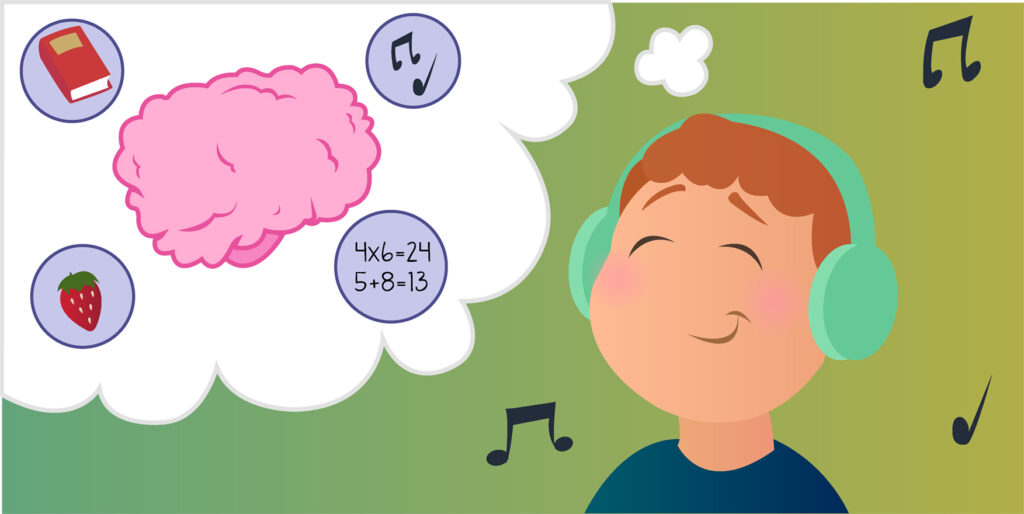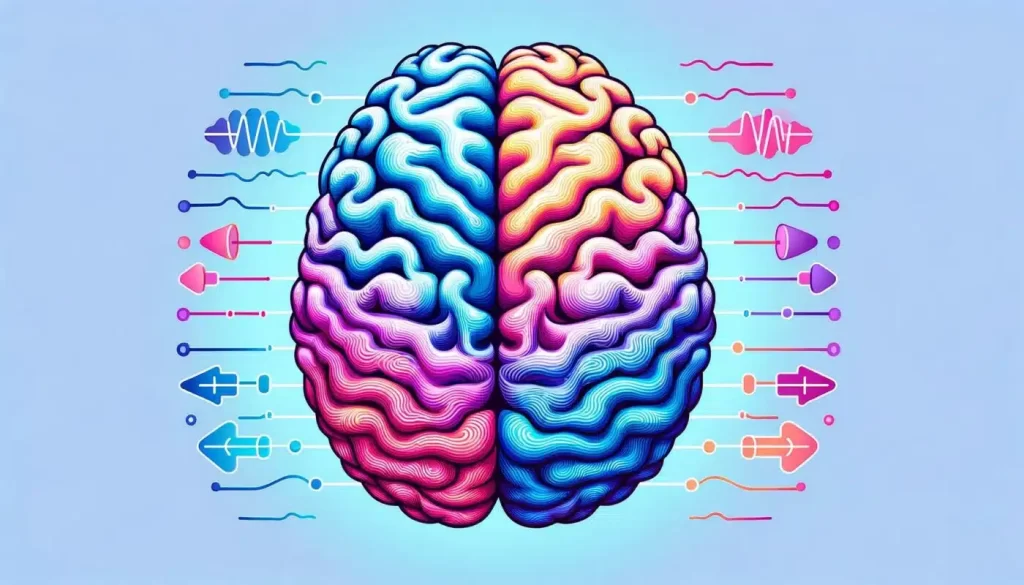Meta Description: Discover how music impacts your brain chemistry, mood, memory, and emotional well-being. Learn the science of sound and how melodies can heal or energize.
1. Music Triggers the Brain’s Reward System

Listening to music activates the brain’s reward center, releasing dopamine—the “feel-good” chemical. This reaction is similar to the pleasure we get from food, exercise, or even falling in love. That’s why your favorite song can instantly lift your mood.
2. Music Helps Regulate Emotions

Whether you need to relax, concentrate, or feel empowered, music can help regulate your emotions. Upbeat tempos can energize you, while soft, slow tunes can reduce anxiety and calm your nervous system.
3. Music and Memory Are Closely Linked

Music is stored in the brain’s auditory cortex, and it’s linked to memory centers like the hippocampus. That’s why a song from your childhood can bring back vivid memories. Music therapy is even used for Alzheimer’s patients to help recall past experiences.
4. Different Genres Influence Different Brain Waves

Classical music promotes alpha waves linked to relaxation, while fast-paced music can produce beta waves associated with alertness. Scientists use EEGs to measure how different genres alter brain activity, revealing how sound affects concentration and creativity.
5. Music Can Improve Sleep Quality

Slow, instrumental music with a rhythm of 60–80 beats per minute can help synchronize your heartbeat and breathing, preparing your body for rest. Studies show that people who listen to calming music before bed sleep better and longer.
6. Music Therapy Aids Mental Health Treatment

Certified therapists use music to help people manage stress, depression, PTSD, and anxiety. Whether through songwriting, playing instruments, or guided listening, music therapy taps into deep emotional processing without relying on words alone.
7. Music Boosts Physical Performance

Listening to high-energy music during exercise increases endurance and motivation. It can delay fatigue and even synchronize your movement with the beat, making workouts feel easier and more enjoyable.
8. Cultural and Personal Meaning Shapes Music’s Impact

Music’s emotional impact often depends on cultural associations and personal memories. A melody that uplifts one person may feel neutral or even sad to another. Your brain’s response is uniquely shaped by your life experiences and beliefs.
9. Music Enhances Social Bonding

Whether at a concert or singing with friends, shared music experiences increase oxytocin—the “bonding hormone.” It fosters connection, trust, and unity, explaining why music plays such a big role in rituals, celebrations, and communities.
10. Personalized Playlists Can Rewire Your Mood

Building playlists for specific goals—like focus, joy, or relaxation—lets you use music as a personalized emotional toolkit. With the right selections, you can reframe your day and rewire your emotional state within minutes.
Final Thoughts
Music is more than entertainment—it’s a powerful tool that shapes our thoughts, feelings, and health. By understanding the science behind its impact, we can better harness music’s power to boost our brain and mood every single day.
Tags: music, brain and mood, music therapy, neuroscience, psychology, emotional health, mental wellness
